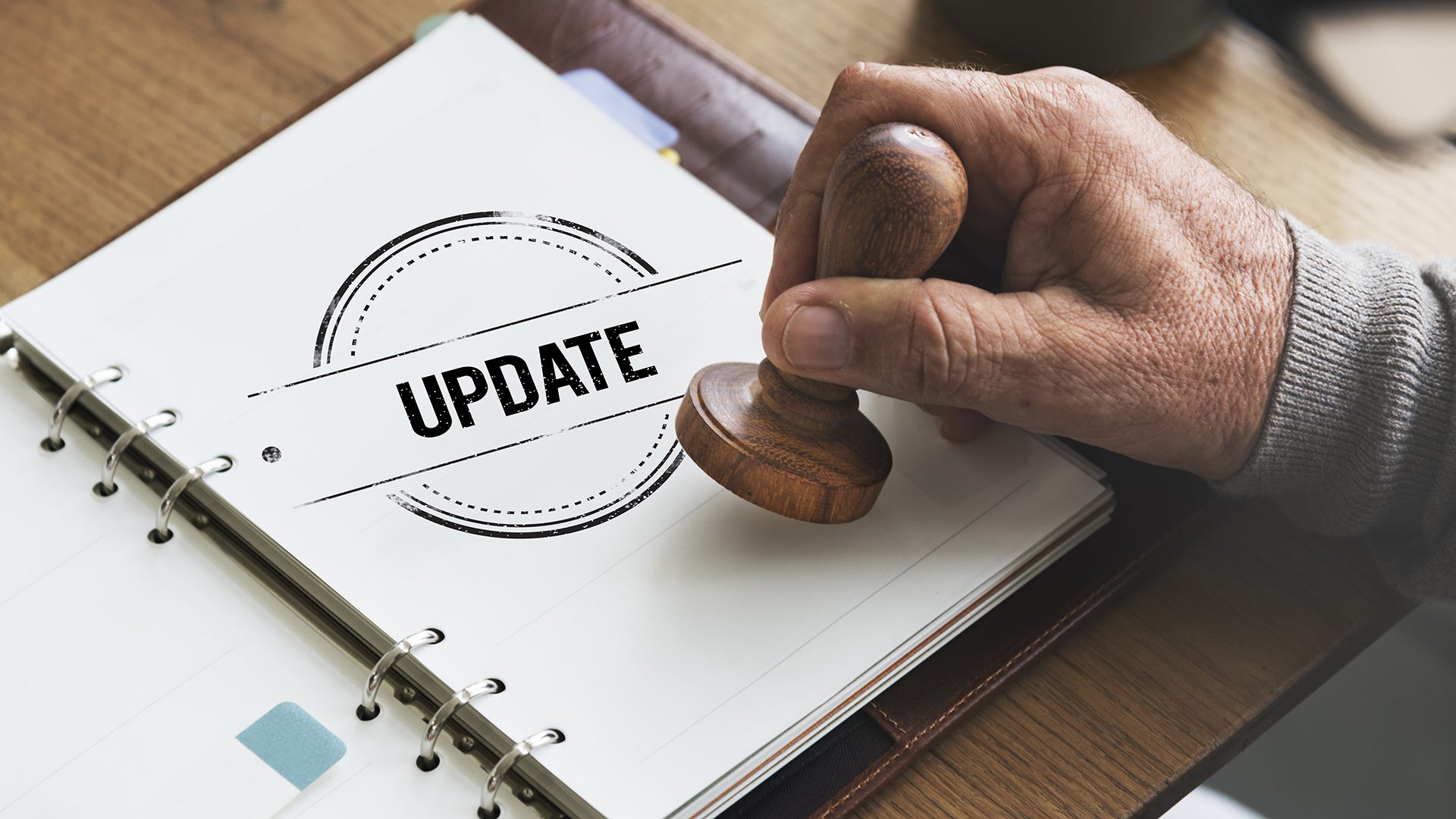
On May 15, 2023, the Equal Employment Opportunity Commission (EEOC) issued updated guidance on how the Americans with Disabilities Act (ADA) and other federal laws protect workers from employment discrimination during—and after—the COVID-19 pandemic.
IMPORTANT INFORMATION
- The end of the federal public health emergency does not change an employer’s obligation to engage in an interactive, individualized process with an employee who requests accommodations for COVID-19 or related conditions.
- Employers may ask an employee who is calling in sick whether they have COVID-19 or its common symptoms.
- If an employee has COVID-19 or its symptoms, the employer should consult current guidance from the Centers for Disease Control and Prevention to determine how long the employee should remain away from work or take other precautions.
- Long COVID may be a disability for which reasonable accommodations must be provided under the ADA.
Among other changes, the updated guidance includes a new set of answers to frequently asked questions (FAQs) about the end of the federal declaration of the COVID-19 public health emergency, which took place on May 11, 2023.
No Automatic End to ADA Accommodations
The new section of FAQs makes it clear that the end of the federal emergency does not mean employers may automatically terminate reasonable accommodations they provided due to pandemic-related circumstances.
However, employers may evaluate accommodations they granted during the public health emergency and, in consultation with the employee, assess whether there continues to be a need for reasonable accommodation based on individualized circumstances.
Long COVID Accommodations
The updated guidance includes new information about long COVID-19 and how to determine whether an employee with long COVID qualifies as an individual with a disability under the ADA.
It also provides common examples of possible reasonable accommodations for employees with long COVID. These include:
- A quiet workspace, use of noise-canceling devices and uninterrupted work time to address brain fog;
- Alternative lighting and reducing glare to address headaches;
- Rest breaks to address joint pain or shortness of breath;
- A flexible schedule or telework to address fatigue; and
- Removal of “marginal functions” that involve physical exertion to address shortness of breath.
Workplace Harassment Concerns
Finally, the guidance includes new tips on how employers can remain alert for COVID-19-related harassment of applicants or employees with a disability who need to continue wearing a face mask or take other COVID-19 precautions at work.
This Legal Update is not intended to be exhaustive nor should any discussion or opinions be construed as legal advice. Readers should contact legal counsel for legal advice. ©2023 Zywave, Inc. All rights reserved.
